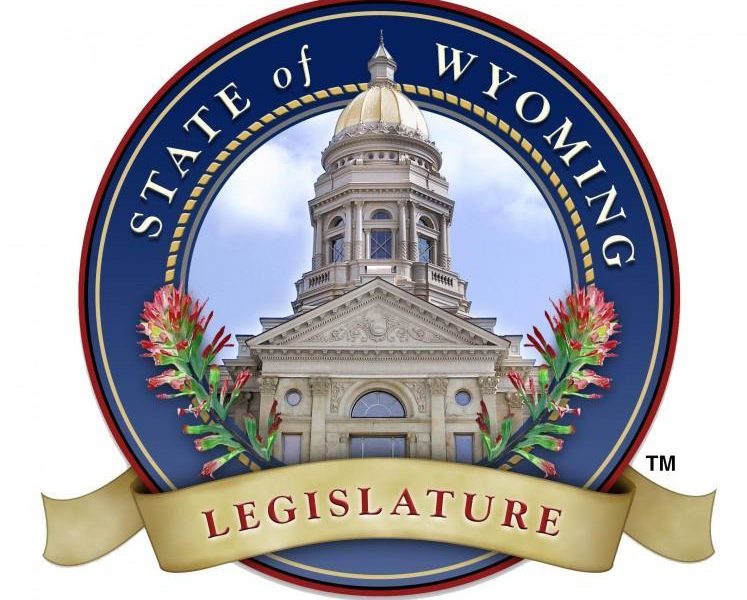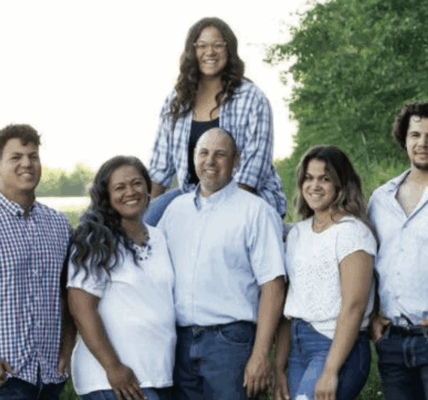◆ Legislative Session opened with 441 bills, 178 passed.
By Peter Long
(Cheyenne, WY) — The Wyoming Legislature concluded the 66th General Legislative Session Thursday, April 8. The session included 34 working days despite challenges created by the Coronavirus pandemic and snowstorms last month.
A near-record 441 bills were introduced during the abbreviated session, which saw a significant increase in public engagement through virtual participation options. Lawmakers passed 178 bills in total. Of the 161 pieces of legislation introduced in the Senate, 77 passed both chambers. The House introduced a total of 227 bills, 101 of which earned the approval of both bodies. Legislation that passed both houses has either been acted on or is awaiting action by Governor Mark Gordon.
“This was a difficult year, both logistically and in terms of policy challenges,” said Speaker of the House Eric Barlow (R-HD3). “We started the session facing unprecedented revenue shortfalls and uncertainty about whether the Legislature would be able to meet in-person. Even on a shorter-than-usual schedule, lawmakers passed a balanced budget and passed numerous bills to strengthen and diversify our economy, protect critical services and ensure personal liberties.”
The House and Senate approved a supplemental budget that was signed by Governor Gordon on April 1. The package includes approximately $430 million in government spending reductions, about 96 percent of what was recommended by the Joint Appropriations Committee in January. At the same time, the bill preserves funding for programs vital to Wyoming’s vulnerable populations and investments to continue to grow Wyoming’s economy.
“The budget is an achievement of the Senate and House working together to rein in spending, promote fiscal responsibility and accountability, and continue to invest in our future,” said Senate President Dan Dockstader (R-SD16). “It was thoroughly debated, which produced 40 proposed amendments, 13 of which were fully or partially adopted. That the bill was passed with overwhelming bipartisan support speaks to the hard work and principled compromise that went into addressing the structural problems in our state’s finances.”
The approved budget restores nearly $14 million in funding to the Wyoming Department of Health and Department of Family Services, which was initially proposed to be cut. It also provides $16 million to the University of Wyoming and the state’s community colleges, and redirects $95 million to the Permanent Wyoming Mineral Trust Fund and the Common School Permanent Land Funds, investments that will yield continued returns.
The supplemental budget also allocates $10 million to support carbon capture, utilization and storage (CCUS) development. Separately, the Legislature passed three bills to support Wyoming’s coal industry, which is one of the state’s largest drivers of tax revenue.
Senate File 136 requires regulators to assess economic and grid reliability consequences before retiring a coal power plant. Likewise, House Bill 166 prevents forced early retirement of coal plans by requiring authorities to provide evidence supporting such a move. Finally, House Bill 207 allocates $1.2 million to the Governor’s Office to litigate states and agencies that impede the sale of Wyoming’s coal-generated electricity or coal products.
“Wyoming has invested significantly in clean-coal technology, which has reduced emissions and helped modernize our state’s energy portfolio,” said House Speaker Pro Tempore Mike Greear (R-HD27). “Our state produces 40 percent of the country’s coal, which supports more than 24,000 jobs across the state. The bills passed by the Legislature ensure we can continue to build on that success and protect workers and communities, especially as hostile federal policies seek to shut down fossil fuels.”
Lawmakers will begin Interim Committee work in the coming weeks. House and Senate leaders are also planning a Special Session in July to allocate the $1.36 billion of funding provided through the American Rescue Plan.
“A lot of the work that was started during this legislative session has further to go,” said Vice President of the Senate Larry Hicks (R-SD11). “Addressing the structural revenue holes in our budget, putting our schools on a sustainable path, supporting infrastructure investment, and growing and diversifying our economy—these are decisions that take time, planning and continual fine tuning. We made a great deal of progress this year, and we look forward to building on that going forward.”







